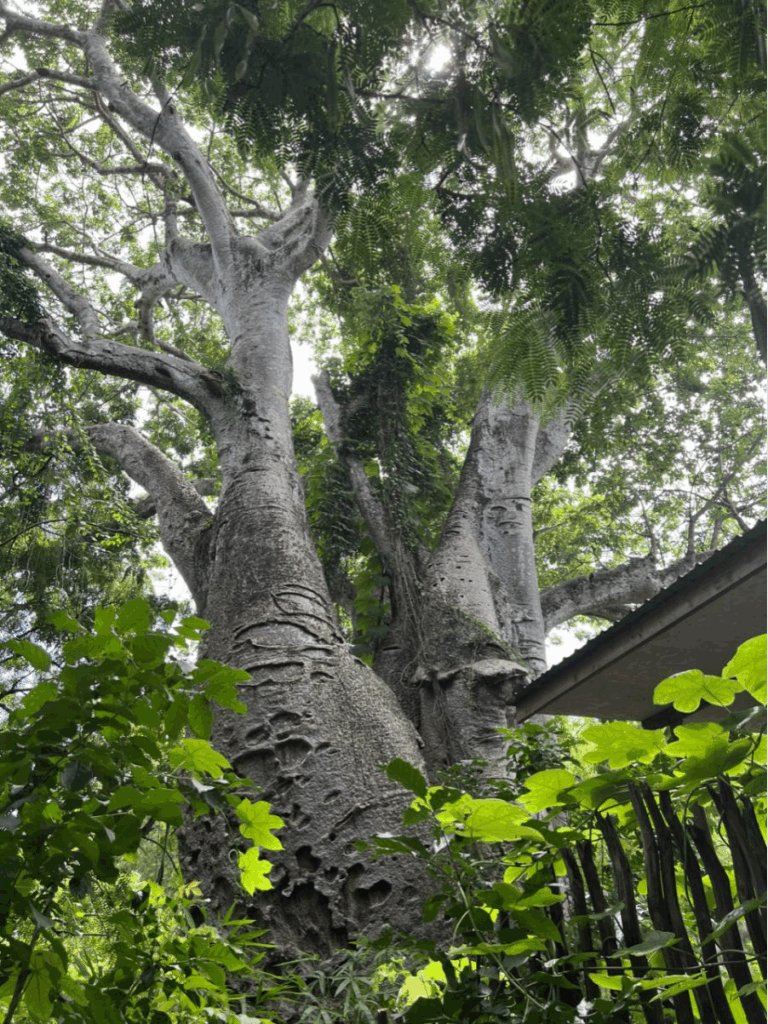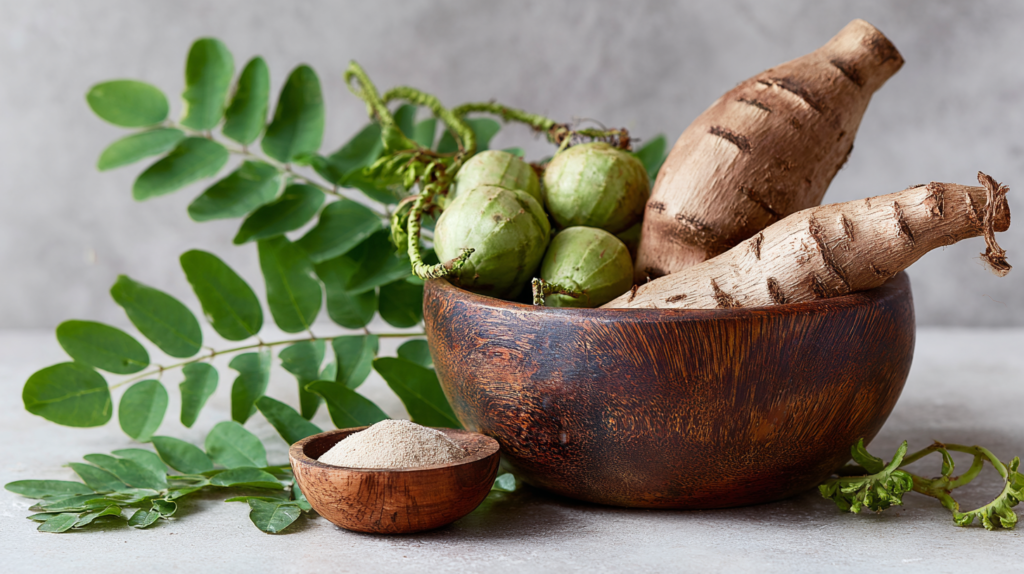In recent years, there has been a significant shift towards natural skincare solutions. Among the most intriguing options are African plants, many of which have been used for centuries in traditional medicine and beauty rituals. These plants are rich in bioactive compounds that are not only beneficial for overall skin health but also promote skin brightening. In this article, we explore the science behind African plants as natural skin brighteners, highlighting their efficacy and potential benefits for modern skincare.
What Are Natural Skin Brighteners?
Natural skin brighteners are ingredients that help even out the skin tone, reduce pigmentation, and improve radiance. They often contain antioxidants, vitamins, and minerals that promote healthier skin by neutralizing free radicals, reducing inflammation, and inhibiting the production of melanin, which is responsible for dark spots and uneven skin tone. African plants, with their rich phytochemical composition, offer powerful skin-brightening properties without the harsh chemicals found in many commercial skin-lightening products.
Key African Plants for Skin Brightening
Baobab (Adansonia digitata)
Often referred to as the “Tree of Life,” the baobab tree is native to many parts of Africa and has long been valued for its incredible nutritional benefits. The fruit is packed with vitamin C, antioxidants, and fatty acids, all of which are essential for skin health. Vitamin C, in particular, plays a crucial role in brightening the skin by inhibiting melanin production, reducing dark spots, and promoting collagen synthesis. Baobab oil is commonly used in skincare products due to its moisturizing and anti-aging properties, which make the skin appear more radiant.

Rooibos (Aspalathus linearis)
Rooibos, a plant native to South Africa, is renowned for its potent antioxidant properties. Rich in polyphenols, rooibos helps combat oxidative stress, a major cause of skin aging and hyperpigmentation. The flavonoids in rooibos, such as quercetin and luteolin, are known to brighten the skin by reducing the appearance of age spots and uneven skin tone. Rooibos also has anti-inflammatory properties that help calm the skin and prevent redness, making it ideal for those with sensitive or irritated skin.
African Potato (Hypoxis hemerocallidea)
Native to South Africa, the African potato is a well-known plant in traditional African medicine. It contains a high concentration of sterols, which are plant compounds that are beneficial for improving skin texture and reducing the appearance of dark spots. The extract of the African potato has been found to have lightening and brightening effects, making it a popular ingredient in natural skincare formulations. It is also known for its ability to improve skin elasticity and promote a youthful appearance.
Moringa (Moringa oleifera)
Moringa, often referred to as the “drumstick tree,” is another powerful plant native to Africa. Packed with vitamins A, C, and E, moringa has anti-aging and skin-brightening properties that help promote an even skin tone. Vitamin C in moringa helps reduce the production of melanin, which in turn prevents dark spots and hyperpigmentation. Additionally, the antioxidants in moringa help protect the skin from environmental damage and free radicals, further promoting a bright and radiant complexion.

Kigelia Africana (Sausage Tree)
The kigelia tree, also known as the sausage tree, is native to tropical Africa and has been used for centuries in traditional African skincare practices. The fruit contains compounds that have brightening and tightening effects on the skin. Kigelia extract is often used to treat skin blemishes, uneven pigmentation, and dark spots. It also has anti-inflammatory properties that help soothe irritated skin, making it an excellent ingredient for those with acne-prone or sensitive skin.
How Do These Plants Work?
The efficacy of African plants as natural skin brighteners is rooted in their bioactive compounds. Vitamin C, found in many African plants such as baobab and moringa, is a potent antioxidant that helps inhibit melanin production. By reducing melanin, these plants help even out the skin tone and brighten the complexion. Additionally, antioxidants like flavonoids and polyphenols neutralize free radicals, which are unstable molecules that can damage skin cells and contribute to premature aging and pigmentation.
Furthermore, these plants often contain anti-inflammatory compounds that help reduce redness and swelling, which can contribute to a more even skin tone. The fatty acids and vitamins found in these plants also promote skin hydration, enhancing the skin’s natural radiance.
Conclusion
African plants offer a wealth of benefits for skin health, particularly when it comes to brightening the complexion. With their rich content of vitamins, antioxidants, and anti-inflammatory compounds, these plants have been proven to reduce hyperpigmentation, even out skin tone, and promote a youthful, glowing appearance. As consumers increasingly seek natural alternatives to chemical-laden skincare products, the efficacy of African plants as skin brighteners makes them a valuable addition to any skincare routine. Whether using baobab, rooibos, moringa, African potato, or kigelia extract, these powerful plants provide a safe and effective way to enhance your skin’s natural beauty.
References
Michalak, M. (2023). Plant extracts as skin care and therapeutic agents. International journal of molecular sciences, 24(20), 15444.
Oderinde, O., Ejeromedoghene, O., John, K. I., Onasanya, A. K., Bamidele, M. O., & Ogunbela, A. A. (2023). Back to the Roots: Natural Cosmetics and their Future Applications. In Natural Products for Skin Diseases: A Treasure Trove for Dermatologic Therapy (pp. 169-198). Bentham Science Publishers.
Opperman, L. J. (2023). The phenomenon of skin lightening among young adults, and the effect of selected plant extracts on tyrosinase and melanogenesis activity (Doctoral dissertation, University of the Western Cape).


